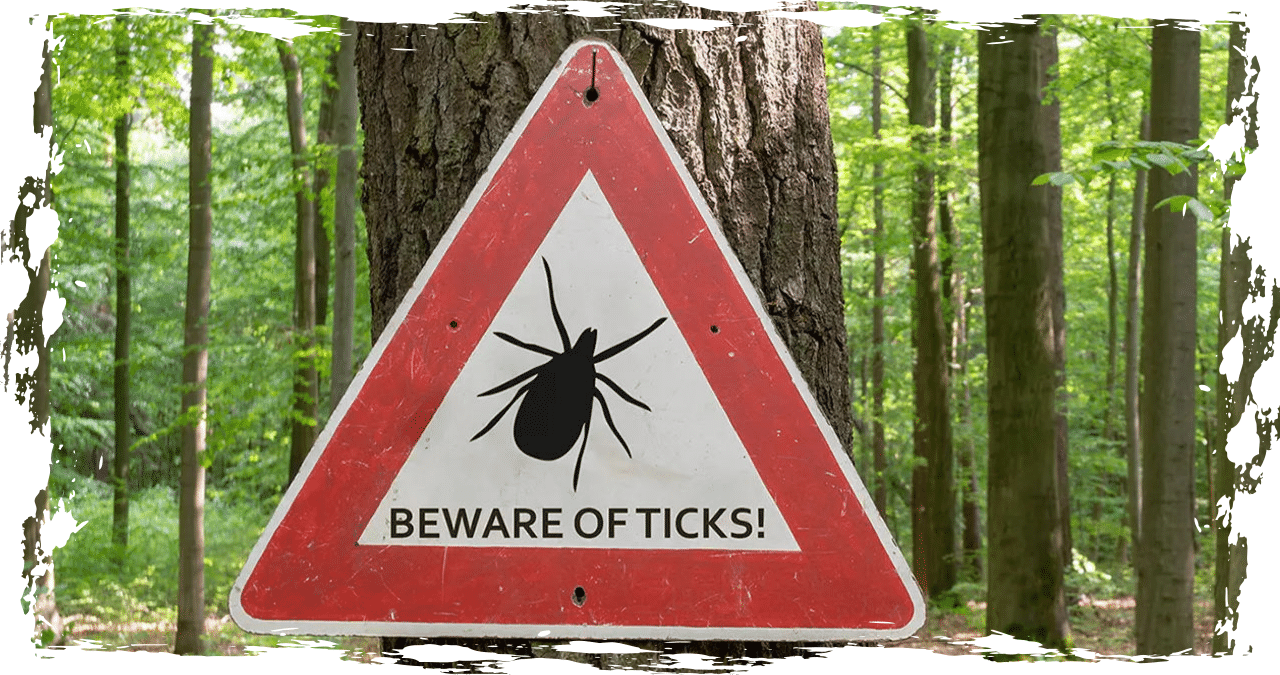I recently came across a clever and effective public service message that advises people not to get ticked off when they are outdoors. This message is especially important as tick-borne diseases and illnesses have been on the rise nationally and in Alabama. The state is home to several tick species that carry illness-causing bacteria, making it crucial for people to take precautions.
In recognition of this issue, the Alabama Senate Joint Resolution 85 has proclaimed June 2024 as Tick-borne Disease and Illness Awareness Month in Alabama. The resolution emphasizes that tick-borne illnesses are often misdiagnosed because their symptoms are similar to flu and cold symptoms. Moreover, researchers have identified emerging threats from ticks, including illnesses in humans that were previously believed to infect animals. The resolution emphasizes that the best prevention is by encouraging awareness of the symptoms and variety of diseases and illnesses that ticks carry.
According to the Centers for Disease Control and Prevention (CDC), the most common symptoms of tick-related illnesses include fever/chills, aches and pains, and rashes. To prevent tick bites, the CDC recommends taking certain actions before and after going outdoors.
Before going outdoors, it is essential to know where to expect ticks. These parasites live in grassy, brushy, or wooded areas, or even on animals. To protect yourself, you can treat your clothing and gear with products containing 0.5% permethrin, use EPA-registered insect repellents, and avoid contact with ticks by walking in the center of trails.
After coming indoors, check your clothing and pets for ticks, shower soon to wash off unattached ticks, and conduct a full body check to ensure there are no ticks attached to your body. If you find a tick attached to your skin, the CDC recommends using a set of fine-tipped tweezers to remove it as soon as possible. Additionally, if you develop a rash or fever within several days to weeks after removing a tick, see your healthcare provider.



